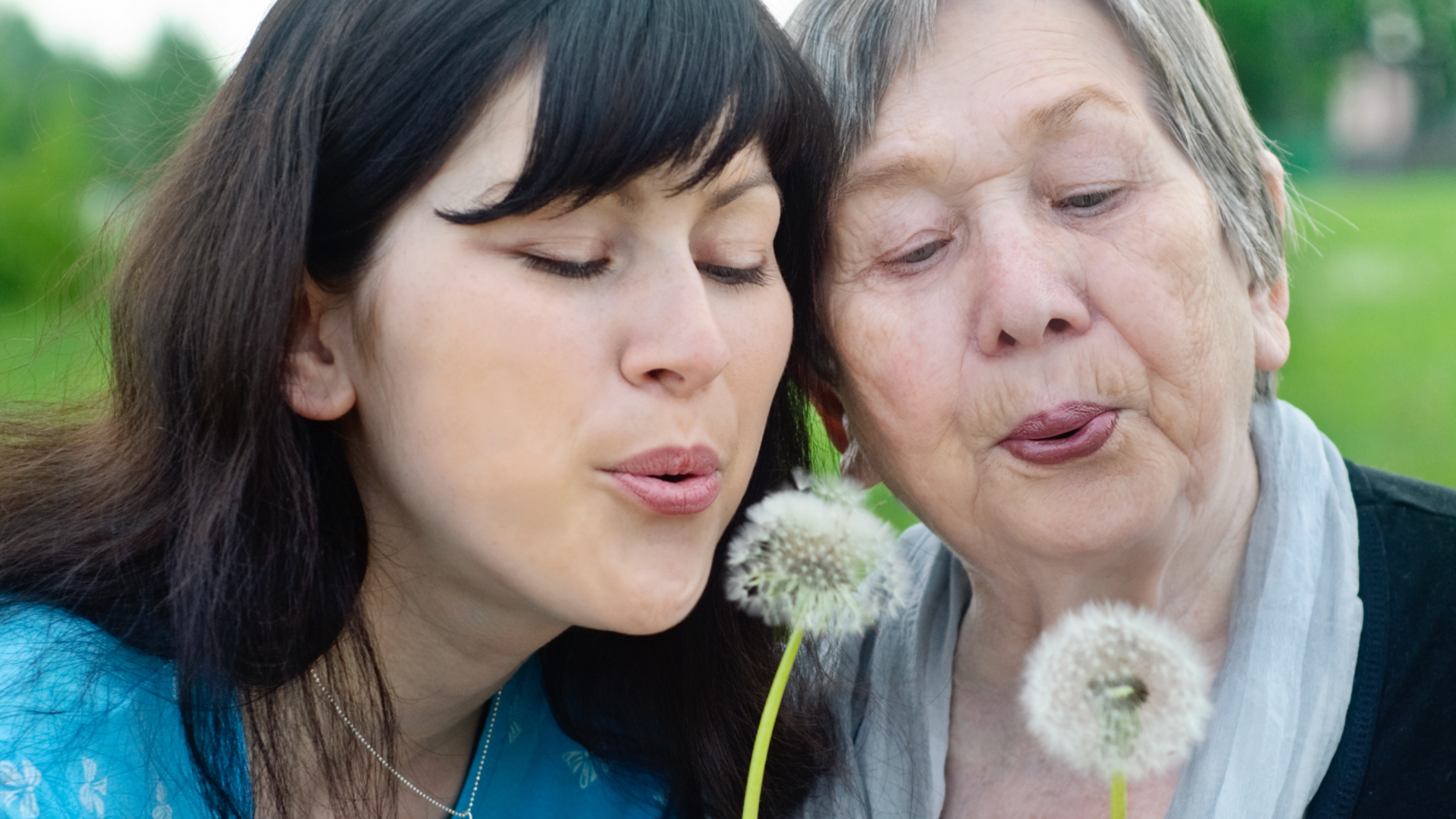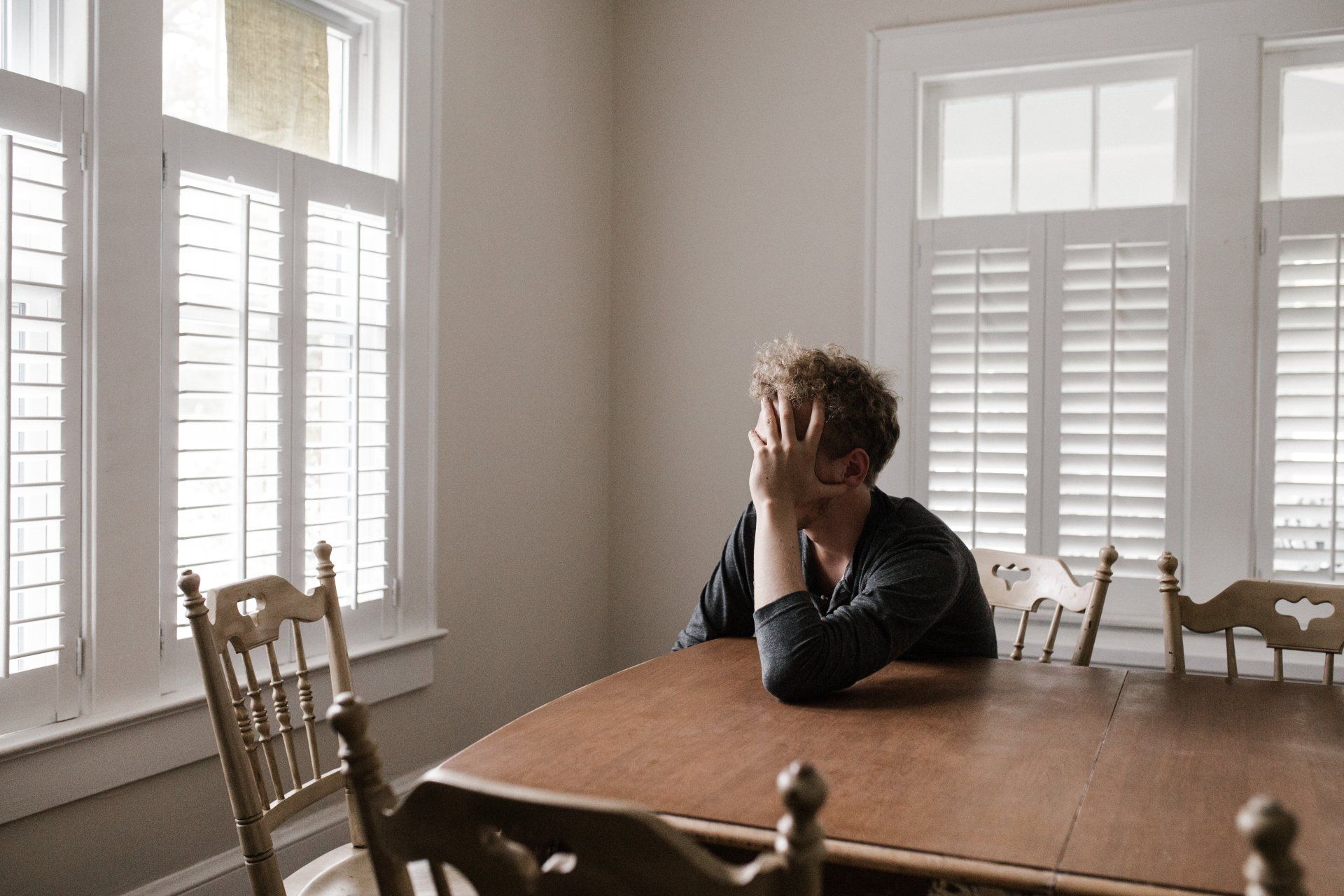Are you still fighting the fear
Exploring Anxiety
If Anxiety is perfectly normal. Then why does it feel so dam suffocating, choking and paralyzing. Why does something that is normal makes us feel abnormal. This is how one writer summed it up in a very personal poem.
Breathe
Panic, worry, darkness closing in around me.
These are some of the words I could use to describe my anxiety,
but nothing I can say could speak of its entirety,
as I cry internally thinking I've lost my sanity.
Doctors, counselors, saying there's something wrong with me.
My parents telling me to calm down and stop being so crazy.
But how can I calm down when the world around me
is spinning out of control and I can barely see?
Breathe. You will get through this.
You will get through the sleepless nights,
all the internal fights,
and the days that seem right
when the world hits you with all its might.
Breathe. You will get through this.
I know you think I'm overreacting about the silliest little things,
but to me those silly little things seem like the doom the world could bring.
Can't you see, a spilled glass of milk to you can seems like an earthquake to me.
I know it might be hard to understand my anxiety,
but I hope today I have given you some clarity.
So, the next time someone is scared and feels like they can't breathe,
shaking and crying, unable to see,
don't tell them they're overreacting; don't call them crazy.
Help them realize there is more to life than this misery,
and no matter the doubt inside, they will be who they are meant to be.
Breathe. I will get through this.
Because I know I am more than just my anxiety,
and one day I hope to be free of it entirely.
But until then, I will keep telling myself, quietly,
I am stronger than this. I am stronger than my anxiety.
© Tiffaney L. Ganci
Source: https://www.familyfriendpoems.com/poem/breathe-7
Anxiety is accompanied by many physical sensations. It can also make you feel a sense of dread or threat, that something is wrong or bad will happen. It is not always about you either. We can feel that bad things might happen to those around us, loved ones. Some of the physical effects are
- a churning feeling in your stomach
- feeling light-headed or dizzy
- pins and needles
- feeling restless or unable to sit still
- headaches, backache or other aches and pains
- faster breathing
- a fast, thumping or irregular heartbeat
- sweating or hot flushes
- problems sleeping
- grinding your teeth, especially at night
- nausea (feeling sick)
- needing the toilet often
- changes in your sex drive
- having panic attacks
You may have heard people talk about the flight or fight response. We now also talk about a freeze response. So, it is believed that anxiety, in particular the physical changes that happen in the body are all part of our evolution. That are bodies are in fact highly adapted to automatically prepare us for a threat in our environment.
Now, you are probably thinking I am not being chased down the street by a saber tooth tiger, yet I get all these sensations and to cap it off my mind and thoughts are stirred up. You might have some of this going on
- feeling tense, nervous or unable to relax
- having a sense of dread, or fearing the worst
- feeling like the world is speeding up or slowing down
- feeling like other people can see you are anxious and are looking at you
- feeling like you cannot stop worrying, or that bad things will happen if you stop worrying
- worrying about anxiety itself, for example worrying about when panic attacks might happen
- wanting lots of reassurance from other people or worrying that people are angry or upset with you
- worrying that you are losing touch with reality
- thinking a lot about bad experiences, or thinking over a situation again and again
- feeling disconnected from your mind or body, or like you are watching someone else
- feeling disconnected from the world around you, or like the world is not rea
- worrying a lot about things that might happen in the future
We all have and experience anxiety to a small degree through our life but for some people, more than you probably think, it can become more overwhelming and seem relentless. It can interfere with everyday activities, work and impact relationships. For young people it can disrupt their studies at school or university. The triggers for prolonged periods of anxiety and more frequent attacks of the sensations listed above are varied but they can often be found. It might seem like it is coming out of nowhere.
Seeking help from a qualified professional Therapist will help. They will help you understand more about those triggers. They will help you find your saber tooth tiger. How do you know you should be seeking help?
- your feelings of anxiety are strong or last for a long time
- your fears or worries are out of proportion to the situation
- you avoid situations that might cause you to feel anxious
- your worries feel very distressing or are hard to control
- you regularly experience symptoms of anxiety, which could include panic attacks
- you find it hard to go about your everyday life or do things you enjoy
Here are some videos of people talking about their personal stories.
And these people talking about panic attacks, which is a very sudden onset of anxiety with a lot of intensity, often coming out of the blue.
When you decide to self-refer the form will ask you some specific questions related to anxiety. It will also ask you about mood. Some people have both anxiety and depression. There are also questions about how it effects your life and something we call the avoidance scale. That tells us how much you are avoiding doing things, a common occurrence with anxiety. This helps us plan what type of therapist to allocate. Cognitive Behavior therapy (CBT) is highly effective with anxiety. So, we will often match you to that type of therapy.
When you see the therapist, they will work out with you if you have what we call a generalized anxiety problem or it’s a little bit more specific, like a social anxiety or maybe agoraphobia. There are also features of anxiety that occur in post-traumatic stress syndrome (PTSD). There are also times when anxiety features arise when something big has happened that effects your life, such as losing a job. A therapist will help you with strategies to adjust but can also refer you to one of our employment advisors. Who will support you with getting back into the job market?
We will talk about some of those other words, PTSD and agoraphobia in future blogs.













